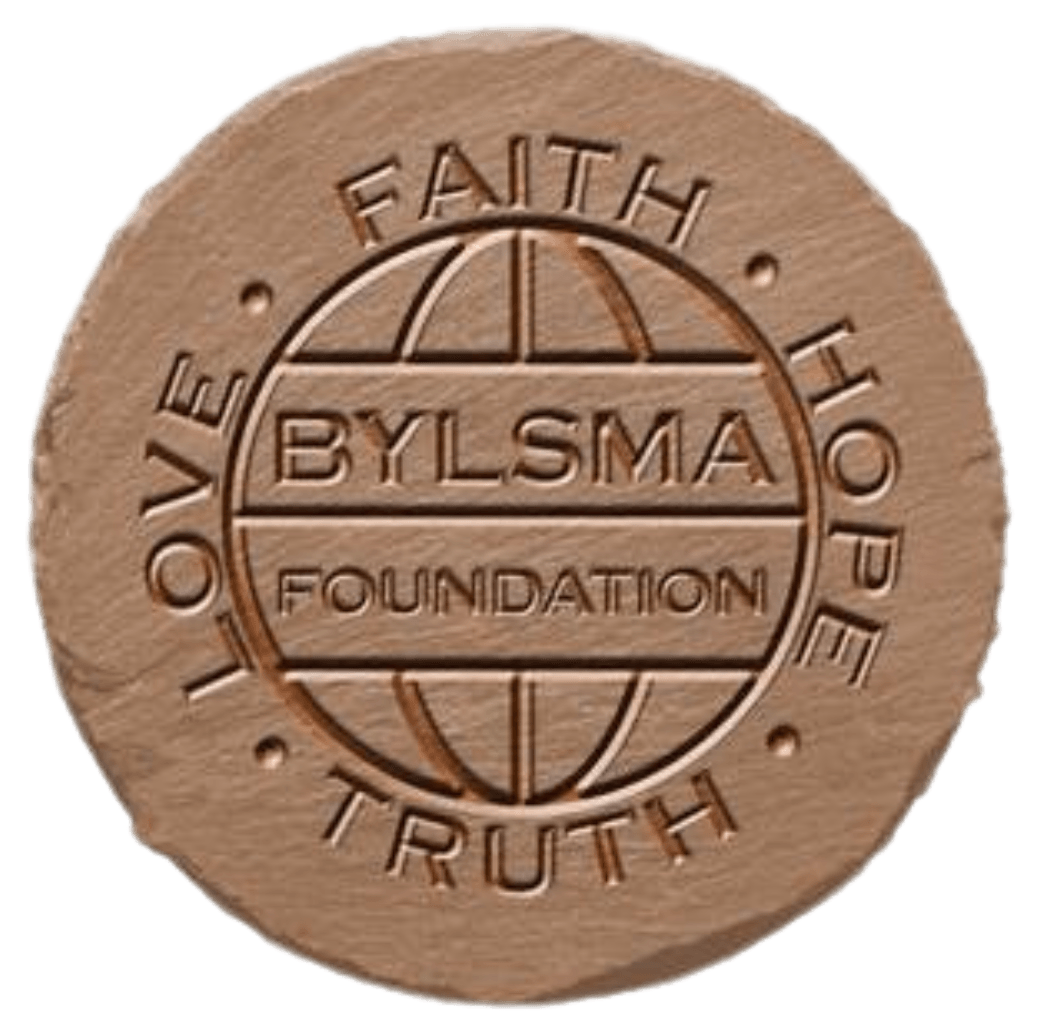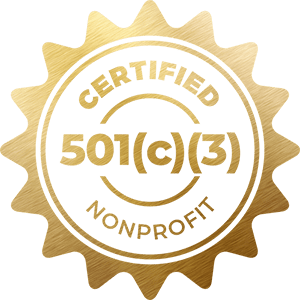Bylsma’s Bible Blogs
#15 The Pursuit of Truth

This article is adapted from Chapter 8, Science, Truth, and Miracles, in The Bible I Never Knew: A Closer Look at Christianity’s Main Themes (Dr. Peter Bylsma, Byblio Press, 2024).
People have been pursuing the truth for many centuries. Aristotle lived in Greece in the third century BC and pioneered techniques of observation and inquiry we still use today. Galileo, the Italian astronomer and physicist, questioned conventional wisdom and used scientific methods in the early 1600s to discover the earth was not the center of the universe.[1]
The field of study that deals with knowledge is called epistemology: how to discern truth and what it means to “know” something. Having knowledge means we understand something, its relative importance, and how it can be used (or abused) in daily life.
Knowing the truth can lead to emotional, psychological, and spiritual freedom. Jesus spoke these words to those who followed him: “If you continue in my word, then you are truly my disciples; you will know the truth, and the truth will set you free” (John 8:31–32). He was telling them that knowing Him sets us free from sin, fear, condemnation, and worry, which gives us confidence and the freedom and courage to go into the world, spread the gospel, and do good works.
Our beliefs about what is true are developed through the influence of family, friends, social circles, media, political leaders, and our experiences with each of these. But lies, half-truths, superstitions, and the culture are enemies of the truth — evil forces use many types of deceptions to distort what is true. Those who lie take advantage of people’s trust, gullibility, simplistic thinking, fears, beliefs in common myths, and trust in those who think like them. They tell us to use our intuition (not our brain) to reach conclusions about what is true and that truth is what is inside us. But our emotions are easily manipulated, our intuitions reflect deep prejudices, and we like to blame others for our problems.
Jesus called the devil the father of lies and the evil one (John 8:44, Matt 13:19). Satan tempted a vulnerable Jesus in the wilderness by quoting the scriptures out of context, but Jesus knew the truth and countered the temptations with better quotes of his own. False and misleading information erodes trust and contributes to divisions within society. It also makes it harder to have conversations with friends, family, and neighbors when people don’t share the same facts.
Constant exposure to the same perspective has a lasting impact on our ability to interpret events and messages. Being isolated from other points of view makes it easy for those with evil and biased motives to influence us by using disinformation (lies with no factual basis) and misinformation (knowingly or unknowingly telling lies or partial truths that distort or ignore the truth, such as using facts or statistics to make a point but leaving out details that would lead to a different conclusion).
Falsehoods and lies that are repeated many times become “truth” to the speaker/author and their listeners/readers because of the psychological influence repetitive messages have on our mind. Repetition deepens the neural pathways in our brain, just as walking the same dirt path over and over makes it wider and harder. Deep neural pathways are difficult to change and eliminate. This process of repetition has been termed “brainwashing” and is used worldwide in overt and subtle ways. When lies become our truth, we unwittingly spread falsehoods to others with sincerity.
It takes a tremendous amount of time, effort, and self-reflection to leave a path that has become deeply entrenched in our mind. Being constantly surrounded by incomplete, incorrect, or biased information makes it hard for us to be open to new ideas, even when they are correct. This is what had happened to the Jewish leaders who interacted with Jesus. He used the following analogy of wineskins.
Nobody uses a piece of a new garment to patch an old one. If they do, they will have torn the new garment, and the patch from the new will not match the old one. And nobody pours new wine into old wineskins. Otherwise, the new wine will burst the skins; the wine will run out, and the wineskins will be ruined. No, new wine must be poured into new wineskins. Nobody who first drinks old wine wants the new wine: they say, “The old is better.” (Luke 5:36–39)
Jesus was saying that new ideas are often incompatible with our traditional ways of thinking and acting, so we resist changing our mind and behavior. Making these changes is usually very hard, and compelling evidence is often not enough to get us to change our mind or behavior. Embracing new ideas means giving up old ideas and established new habits, which is a painful process that includes a sense of loss and failure. It’s easier to be comfortable with our usual customs and practices than to entertain the validity of new ideas that challenge our habits and beliefs and may require us to change. The Jewish religious leaders were convinced they had figured out how they should live and what they should believe. However, their limited and inflexible perspectives conflicted with the teachings of Jesus, so they rejected him.
One way to identify a lie is to focus intently on what is true. The Christians in ancient Rome were surrounded by a pagan society, and Paul told them not to conform to that culture. Instead, they were to “be transformed by the renewing of their minds” (Rom 12:2). Having a strong grasp of the truth makes it easier to identify lies, false arguments, and misinformation. My father once told me that those in charge of identifying counterfeit coins mainly listened to the sound of legitimate coins bouncing on a table. That way, a fake coin stood out because it made a slightly different sound. (I’m not sure if this was actually done, but it’s a good illustration. When we hear both lies and truths, it’s hard to know what is true.)
Retaining our holiness in an evil world requires a consistent focus on God’s word and being in the fellowship of others who speak the truth. Research has found that a changed focus helps us overcome depression, trauma, loneliness, heartbreak, and a sense of loss. Observing nature’s beauty or acts of kindness and listening to music brings peace and reduces inflammation. God brings us “beauty from ashes” and blesses those who “meditate on God’s words day and night” (Isa 61:3, Psa 1:1–2). Paul understood the importance of maintaining the right focus when he wrote, “Whatever is true, noble, right, pure, lovely, and admirable, anything that is excellent or praiseworthy, think about those things” (Phil 6:8).
The sciences have shown us that understanding life and the universe is a challenge. When we first learn things as a child, the concepts are simplified to make things easy to understand and remember. But as we grow older, we realize things aren’t so simple. Paul says, “When I was a child, I talked like a child, thought like a child, and reasoned like a child. When I grew up, I put my childhood ways behind me” (1Cor 13:11). We should therefore resist the tendency to have simple answers to complex issues. H.L. Mencken once wrote, “For every complex problem, there's a solution that is simple, neat, and wrong.” We often have confidence in what we know, which can lead to pride, but we may have an incomplete understanding of a topic.
Instead, we should take time to understand the truth about our world. We need media literacy and should confirm “facts” from multiple sources. We need flexible minds that absorb new information and perspectives when warranted. Accurate information is crucial for making informed decisions. Jesus tells us to be “wise as serpents and pure as doves” (Matt 10:16). Jesus used this simile to convey the need for believers to make good use of their mind while being harmless, to be wide-eyed critical thinkers who discern the truth while retaining our innocence. When we pursue knowledge, we shouldn’t be afraid of what we find because, as St. Augustine and many others have said, “all truth is God’s truth.”
To learn the truth and make changes, we need to avoid biased information that (1) masquerades as news but has undisclosed sources, (2) mixes facts with opinions, (3) doesn’t rely on objective facts, (4) intentionally excludes important facts, and (5) focuses on stories designed to incite strong emotions (e.g., fear and anger). Transparency and critical thinking are helpful remedies to combat lies.
Humility is the natural response to understanding how little we know. Pride, arrogance, hubris, conceit, and cockiness are characteristics of those who lack insight into their own ignorance (or they are trying to mask it). Atheists hold a position that implicitly believes they have all knowledge, which means they know what exists and what does not exist. Such a position is intellectually untenable — no human knows everything, but their assertion that God doesn’t exist provides them comfort while being blind to their ignorance — they don’t know what they don’t know.
[1] He was arrested by the Inquisition in 1633 and ordered to deny his beliefs, but his methods of study revolutionized Europe and sowed the seeds for the Enlightenment in the 18th century. In 1992, Pope John Paul II said the church had wronged Galileo.
Bylsma’s Bible Blogs











